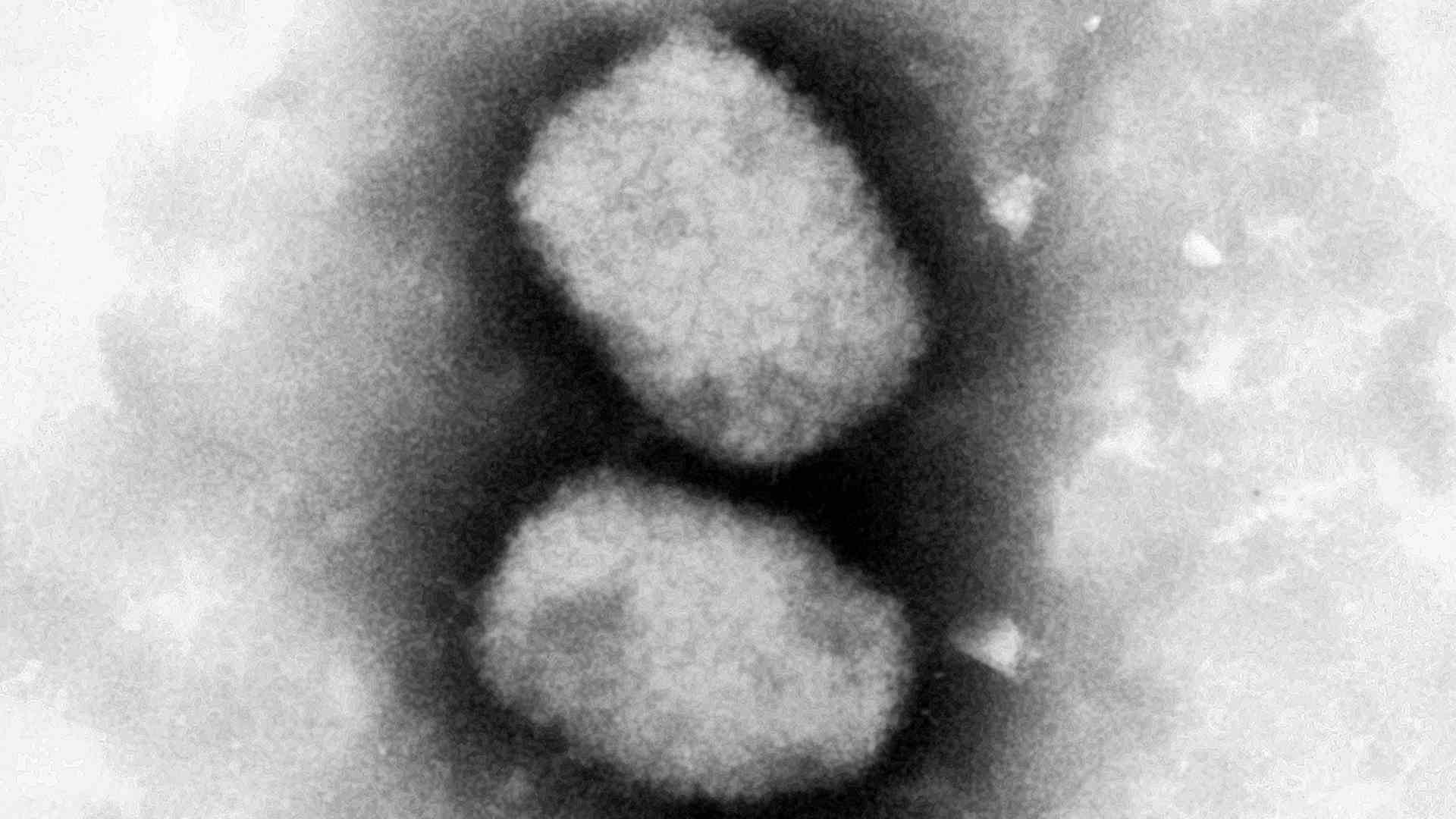As of: 05/18/2022 8:02 p.m
The first cases of monkeypox were discovered in Great Britain – today Spain and Portugal also reported several people infected with the virus. The RKI is now warning German doctors to be careful.
After several cases in Great Britain, monkeypox has also been detected in Spain and Portugal. Eight people were infected with the virus in the Spanish capital Madrid, according to the Europa Press news agency, citing the health authorities. Usually the virus is transmitted through the air. In these cases, however, the experts assumed an infection through liquids because all eight patients were homosexual men. You are doing well given the circumstances.
In Portugal, too, men who had sexual contact with other men were particularly affected, the Lusa news agency reported. The newspaper “Público” reported about 20 infected people.
Monkeypox previously known in Africa
Even before the new information from Spain and Portugal, the Robert Koch Institute (RKI) had also made doctors in Germany aware of the virus infection. An article published by the RKI states that monkeypox should also be considered as a possible cause in the case of unclear smallpox-like skin changes if those affected have not traveled to certain areas.
Up to now, monkeypox has mainly been known to occur in some regions of Africa. According to the RKI, men who have sex with men should “immediately seek medical care” if they have any unusual skin changes.
British health authorities registered seven cases
According to the health authority UK Health Security Agency (UKHSA), the number of recorded cases of the rare disease in Great Britain had increased to seven from Monday. Connections between those affected are only partially known. In some cases it is unclear where those affected were infected.
Four recently reported cases are also men who have had sexual contact with other men. They are said to have been infected in London.
The first infection, which became known in Great Britain at the beginning of May, is said to be due to an infection in Nigeria. In response, British experts emphasized that monkeypox is not easily transmitted from person to person and that the risk to the general population is very low.
No monkeypox vaccine
According to the UKHSA, the virus disease usually causes only mild symptoms, but can also have severe courses. Only symptomatic patients with close contact are contagious. According to the UKHSA, the first signs of illness include: fever, headache, muscle and back pain, swollen lymph nodes, chills and exhaustion. A rash can develop, which often spreads to other parts of the body, starting from the face. The rash looks different depending on the phase and can resemble chickenpox and syphilis. There is no specific therapy and no vaccination against monkeypox.
Smallpox has been considered eradicated worldwide since 1980 following a major vaccination campaign. As the RKI explains, large parts of the world’s population no longer have vaccination protection. In Nigeria, since 2017, there has been an increase in monkeypox infections in humans – and cases in connection with travel there, especially in the United Kingdom.
Virus last identified outside of Africa in 2018
Experts suspect that the monkeypox pathogen circulates in rodents, and monkeys are considered false hosts. “Infections can be transmitted through contact with the secretions of infected animals,” says the RKI report. Transmissions from person to person through contact with body fluids or crusts are described with infection chains of up to six people. “The sexual transmission of smallpox viruses is also possible,” it said. In a 2019 technical article, three RKI employees stated: “Outside of Africa, monkeypox in humans has only been identified three times: in 2003 in the USA and in 2018 in the United Kingdom and Israel”.
Most people – over 30 cases were recorded – were therefore infected in several US states. The virus was introduced to the USA with the transport of 800 small mammals from Ghana. Those affected are said not to have been infected directly from these animals, but through contact with prairie dogs that had been kept close to the Ghanaian animals before they were sold on.

